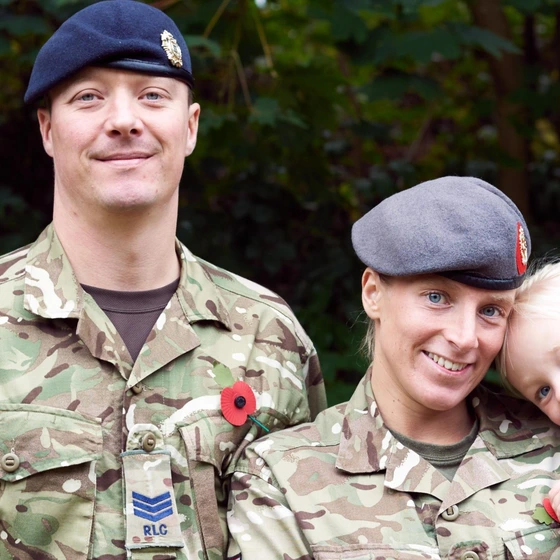
We’ve campaigned on the issues that matter most to the Armed Forces community for 100 years and we’re continuing to adapt to their needs for the future.
The Armed Forces community we support has changed a lot over our history, from those who were called upon to serve in the First and Second World Wars to the veterans, serving personnel and families that we represent and support today.